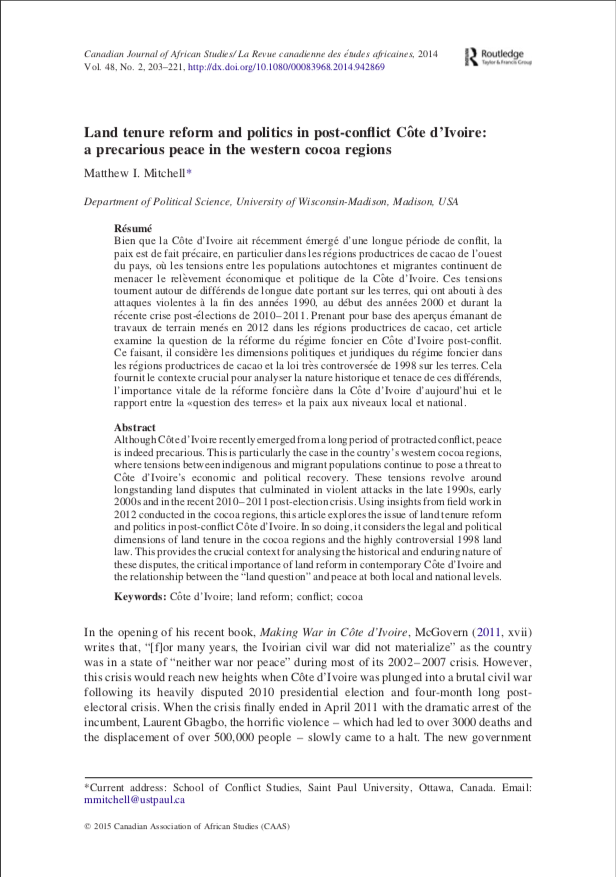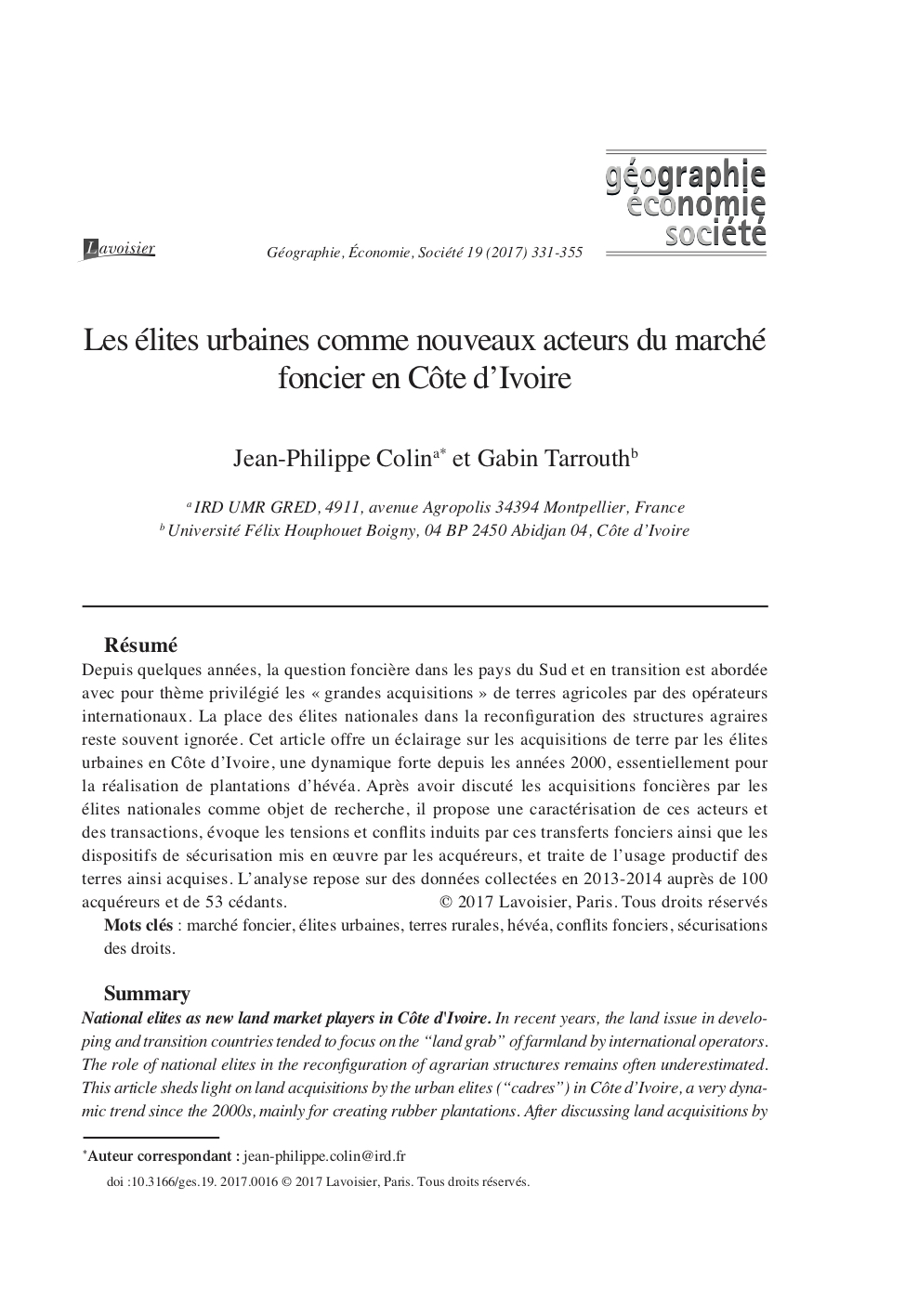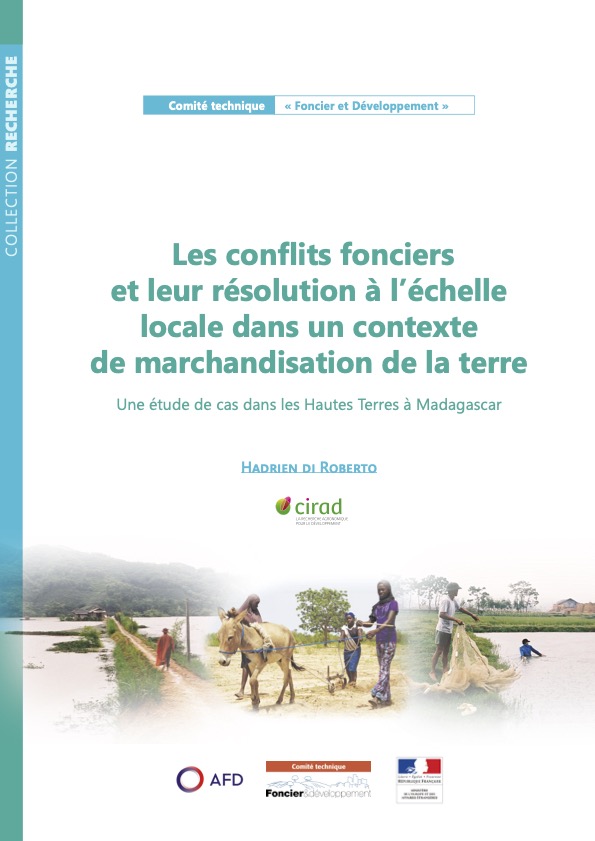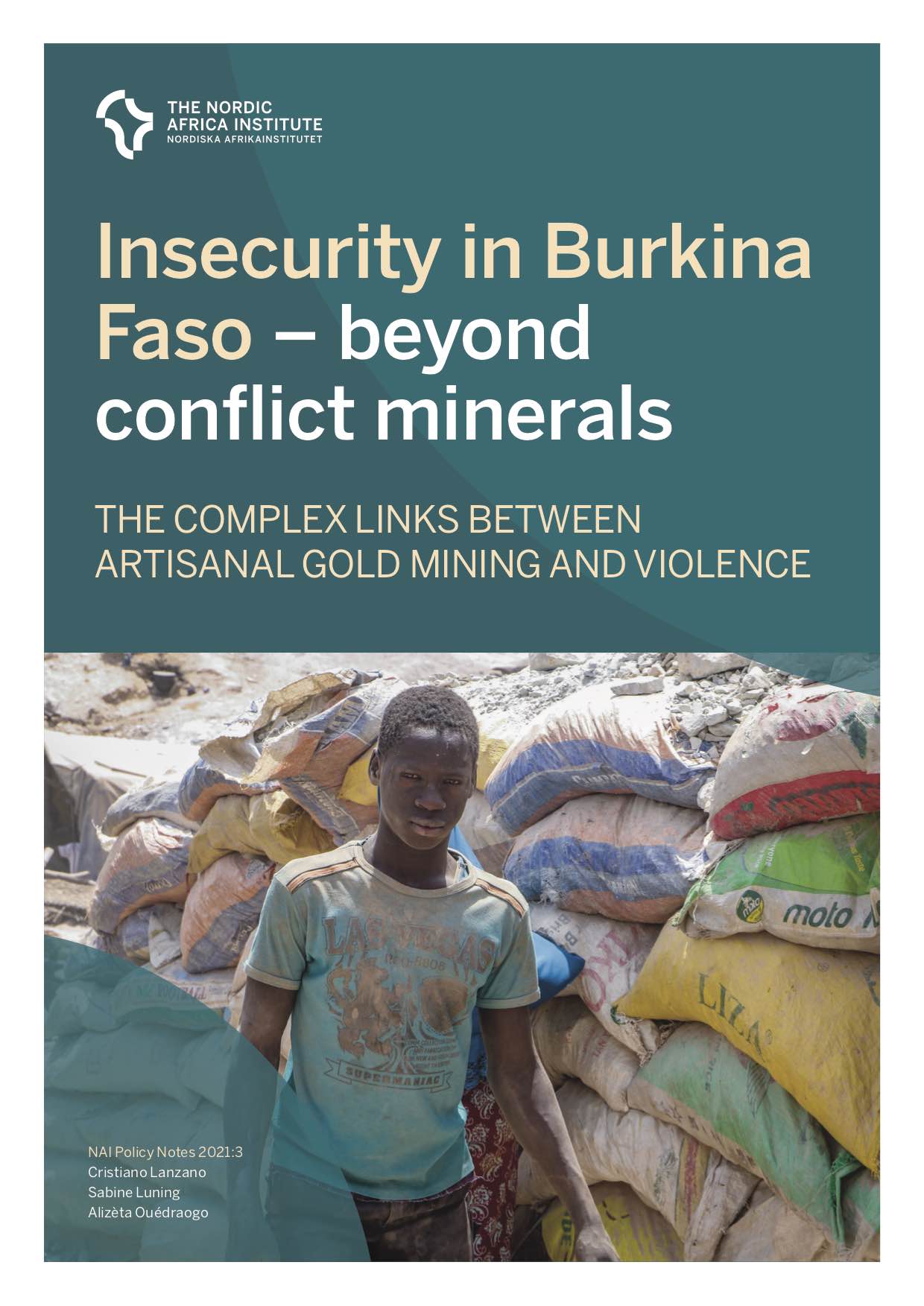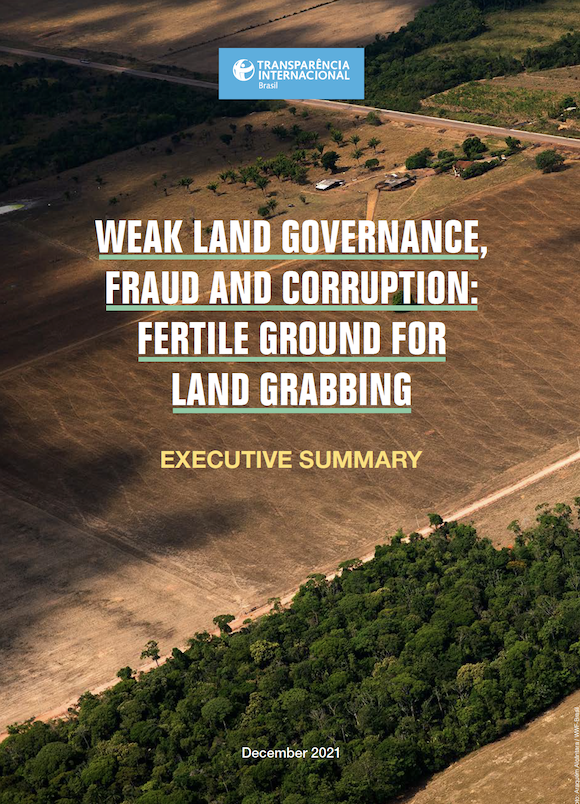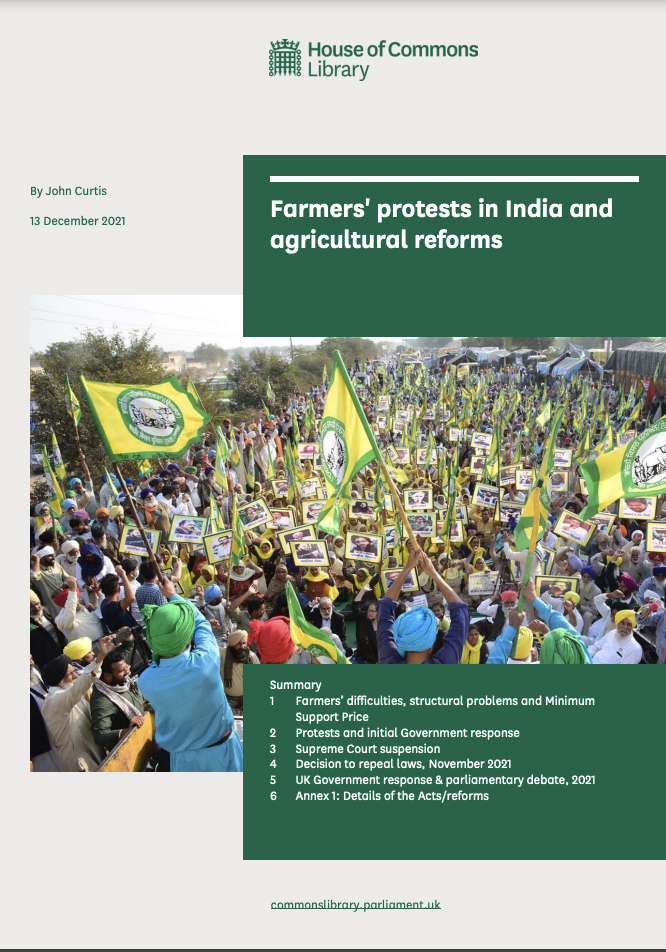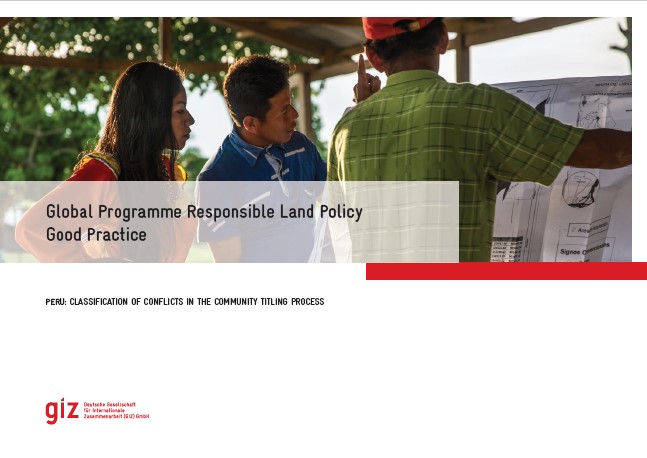Property Rights and Resource Governance Profile
The West African country of Côte d’Ivoire is divided between two large agro-ecological zones: the northern savannah zone, where food crops, cotton and livestock predominate; and the fertile forest zone of the south, where most of the country’s cash crops, including cocoa and coffee, are produced. Nearly 64% of land in Côte d’Ivoire is used for agricultural purposes, and 68% of the labor force works in agriculture.


